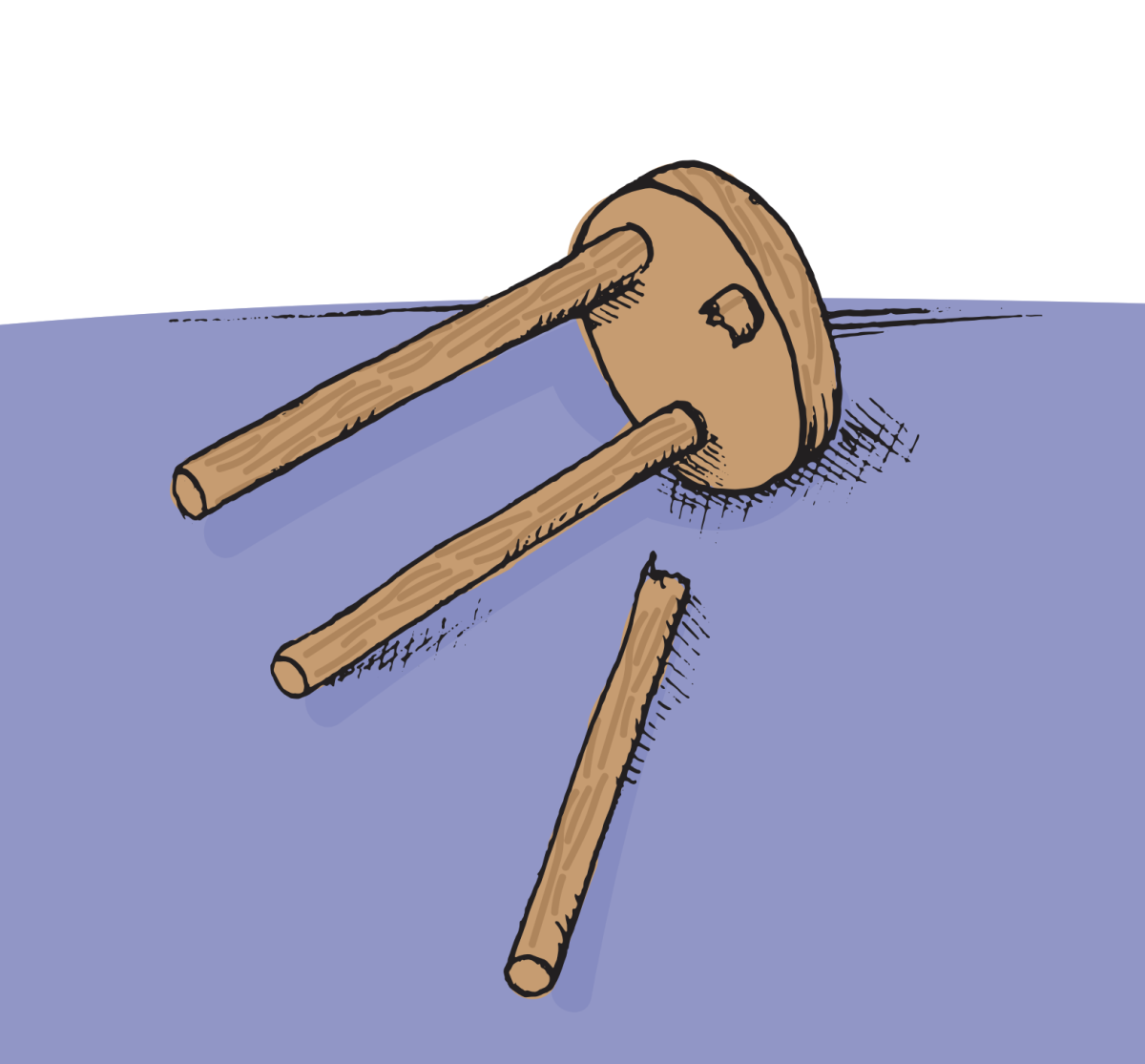How one book protests the idea of perfection
“The Subtle Art of Not Giving a F*ck” by Mark Manson has been in the top of The New York Times bestseller list for 144 weeks (and counting) in the Advice, How-To, & Miscellaneous section.
Manson talks about how there are too many things in life that we stress over that really don’t require a ton of built up anxiety.
Take for example, studying for a test. We can stress over whether we’ve studied enough, if we’ve taken good notes, or if we should have asked more questions in class. But in all that panic, we then realize that we have a paper due at midnight and we have to get up the next morning for an 8 a.m. class.
This is what Manson calls the “Feedback Loop from Hell”; when we become anxious about what we have to do, then become more anxious about what we haven’t done yet, then we end up anxious about being anxious.
Anxiety stems from a place of desiring perfection. Whether we would like to admit it or not, we all want a perfect score on our test and a “Great Work!” written at the end of our papers. But that just can’t possibly be attainable, especially in college.
As many college students know, there is a huge amount of academic pressure to do well, and it can be extremely stressful. We may not all get eight hours of sleep every night, exercise regularly or eat enough regularly, all because we are so focused on doing everything perfectly.
During my first year here, I had so much anxiety about writing the most perfect paper that I procrastinated writing it until it was almost too late, and that’s when I suddenly seemed to have the right words to write.
Even studying for biology stressed me out because I felt like I needed to be in the perfect setting and right mindset to get the most out of my studying time.
All of this is an illusion in our minds because we feel as if we’re not good enough at that point in time to start something. Whether it be something as small as writing a paper or as big as advocating for what you believe in, there is an innate fear of failure, so we try to avoid failure at all costs.
When we stop wanting to be perfect and stop fearing failure, we are finally liberated to function as we normally would without this idea that there is a better way of doing things.
No one can be perfect and chances are we’re already trying our best.
At one point in the book, Manson says, “Notice how sometimes when you stop giving a f—, everything seems to fall into place?” When we stress less about something, we’re actually more focused on doing it our unique way rather than obsessing over how others might think it should be done.
Even when we mess up or go in the wrong direction, we are able to learn from that experience by looking at what we did and questioning why our situation ended up the way it did.
One of my favorite quotes from Manson is, “Even when you think you do, do you really know what the fuck you’re doing. So really, what is there to lose?” It doesn’t matter whether you got a C on your English paper or flunked your biology test, what matters is what you do about it.
At that point, you have to be willing to admit to yourself that you were wrong, that what you thought was a perfect paper turned out to be quite imperfect.
Trying to consistently be perfect not only builds up anxiety and stress, but causes us to think that there is a point of perfection that can be reached. In this mindset, we are restricted from thinking that we have any problems at all. While not having problems sounds amazing, it’s when we’re able to overcome our problems that we “birth our happiness.”
Manson points out, “it’s worth remembering that for any change to happen in your life, you must be wrong about something.” If you think you’re already good enough, then you’re probably missing out on growing from your mistakes.
So to all of my fellow college students, I would highly recommend reading “The Subtle Art of Not Giving a F*ck.” It invites you to think about what is most important to you, and challenges you to do something rather than wait around for the “perfect time.”







































